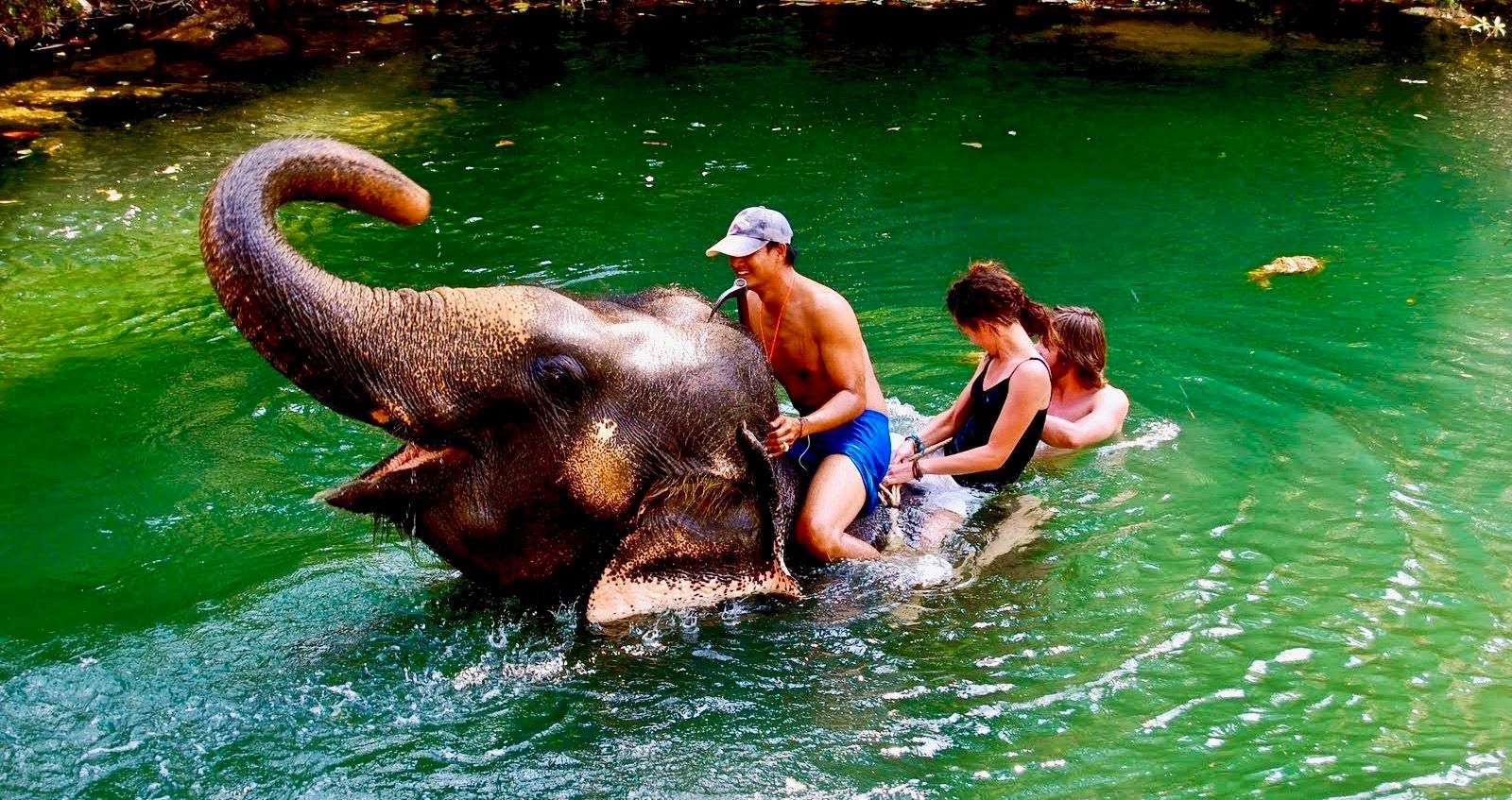New Zealand visitors to Thailand have been asked to not ride elephants given the abuse these animals endure. Intrepid Travel co-founder Geoff Manchester posted a disturbing video last week on World Elephant Day to show tourists the truth behind elephant rides.
"A female elephant will be shot and then its baby is captured," Manchester says. "That baby is then tortured until it's willing to submit to humans and it's then trained to do elephant riding."
Though Manchester featured elephant riding on his site in the past, in 2014, the company banned its advertisement. "The evidence is so overwhelming that it had a big impact on all of us who'd taken elephant riding," Manchester said.
The company’s research has discovered that of the 14 different companies in Thailand that use animals as attractions, only six treat them humanely. "Elephants go through an extreme amount of torture, and they're treated really poorly - and it's an inhumane way of treating the elephants," he said.
Animal Experience International founder Nora Livingstone says to make an elephant “rideable,” “A baby is taken away from its mother and tortured until it’s broken and timid. Elephants that are used in tourism are often chained up by themselves. Imagine being a 5,000-kg social animal and only being allowed to walk two steps in either direction because of a chain around your leg that digs into your sensitive skin and causes you to bleed. And now, imagine being completely alone [away] from your family.”
Elephant Nature Park, a sanctuary for elephants in northern Thailand, rescues animals forced to work for the amusement humans for decades. "Many of them come very skinny and a lot of bones and infection around the body," said founder Lek Chailert. "More than 80 percent arrive with a huge mental problem - some of them stand still like a zombie, their eyes empty."
The practice of elephant riding is not unique to Thailand. It is also common in Africa and India. According to the CEO of Trafalgar, an online travel agent, Gavin Tollman, there are only 415,000 wild elephants left in Africa. A dramatic decline from the 3.5 million that lived there at the beginning of the 20th century. In Africa, elephants are also hunted for their ivory tusks, a practice, which desìte regulations, is still common.
RELATED: New Zealand Mountain To Gain 'Living Person' Status, Remain Open To Respectful Tourists
In India, according to Kartick Satyanarayan, co-founder and CEO of Wildlife SOS, elephants are tortured through a process locals refer to as phajaan, which translates to “breaking of the spirit.” The result is a form of PTSD: “Many elephants used for riding in India have been observed as displaying behavior indicating extreme mental distress and deterioration, such as head bobbing and swaying,” she said.
Manchester would like to see elephant riding eradicated around the world in the next 10 to 20 years.

